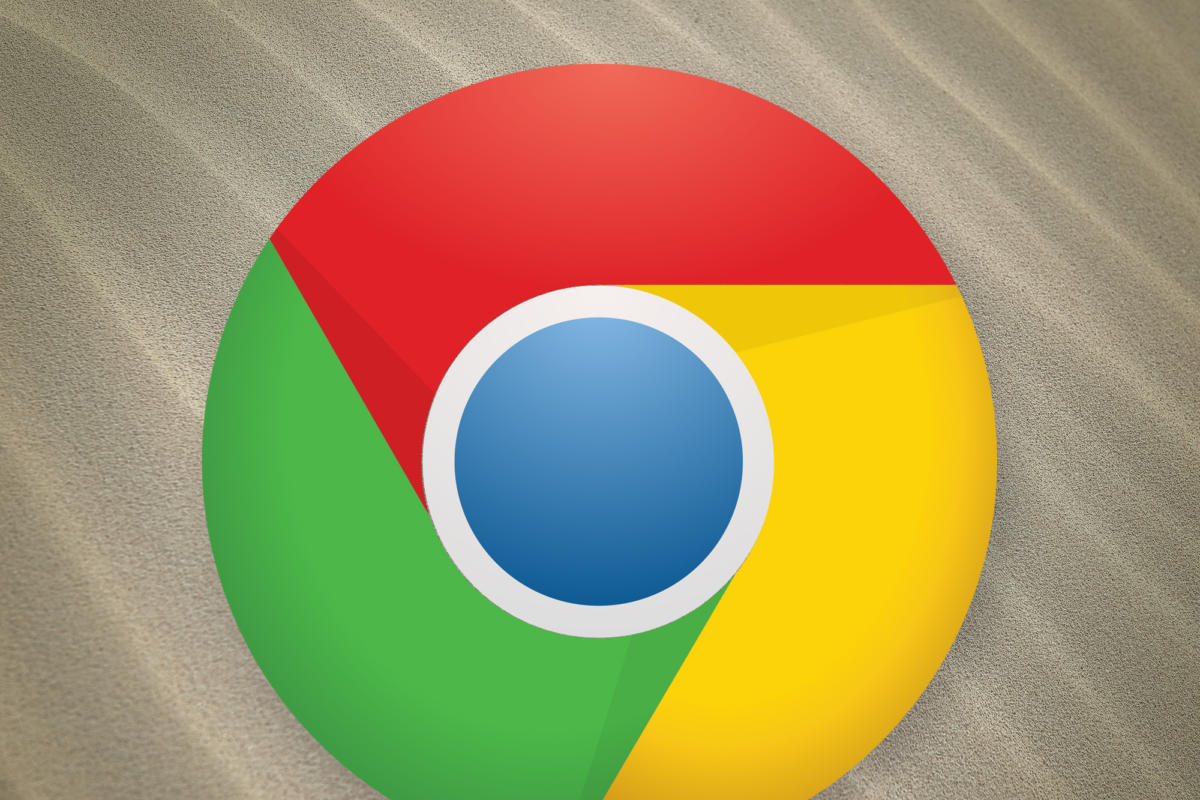What's in the latest Chrome update?
Google's Chrome browser debuts MacBook Pro Touch Bar support and delivers patches for 40 security flaws.

Google on Tuesday released Chrome 60 for Windows, macOS and Linux, adding support for the Touch Bar on the newest MacBook Pro laptops and a new online payment API, and patching 40 security vulnerabilities.
Chrome updates in the background, so most users need only relaunch the browser to get the latest version. (To manually manage an update, select "About Google Chrome" from the Help menu under the vertical ellipsis at the upper right. The ensuing page either shows the browser is already up to date or displays the updating process before presenting a "Relaunch" button.)
The Mountain View, Calif. company updates Chrome every six or seven weeks; the last time it upgraded the browser, to version 59, was June 5, or just over seven weeks ago.
Much of Chrome 60's new features and functional changes are under the hood, aimed exclusively at website and app developers. One exception: Support for the MacBook Pro Touch Bar.
In October 2016, and on the top-end 13- and 15-in. models, Apple replaced the static row of function keys at the top of the MacBook Pro keyboard with an OLED (organic light-emitting diode) display whose contents change depending on the active application. Initially, Touch Bar support came from Apple and its own software, such as Maps. A few third-party programs, including Adobe Photoshop and Microsoft Office, have followed suit.
Apple's own browser, Safari, supported the Touch Bar out of the gate last year.
Now, when Chrome is the active application, the Touch Bar displays Chrome-specific virtual buttons, like those for moving forward and backward through browsing history, refreshing the current web page or bookmarking it. Users can customize the Touch Bar settings for Chrome from within the browser.
Google added a host of developer-only features and APIs (application programming interfaces) to Chrome 60, notably support for the already existing Payment Release API, which is designed to simplify online payments by eliminating the traditional check-out forms many websites use. Currently, Chrome, Microsoft's Edge and Mozilla's Firefox all support the API, although the latter has disabled it in current builds.
Also included in Chrome 60 were patches for 40 security vulnerabilities, nearly a quarter of which were rated "High," the second-most-serious ranking in Google's four-step system. Google paid out $26,000 in bug bounties -- and will pay more than that in the end, as it has yet to decide on three of the vulnerabilities -- to security researchers for reporting the flaws.
People who haven't tried Google's desktop browser can download Chrome 60 for Windows, macOS Linux from Google's website. Current users can let the automatic updater download and install the new version. To manually trigger the pending update, users select "About Google Chrome" from the Help menu under the vertical ellipsis at the upper right.
The next edition, Chrome 61, should reach users the week of Sept. 3-9, according to Google's release calendar.
Comments
Post a Comment